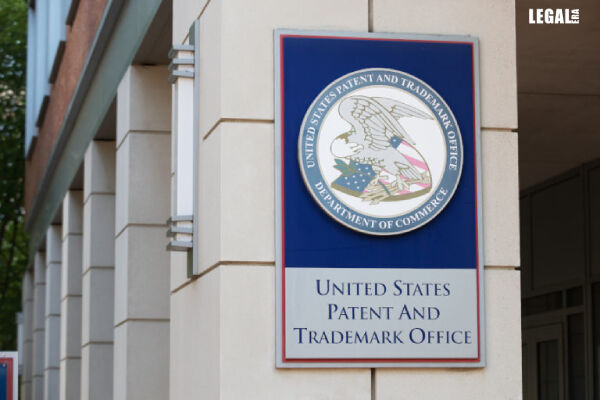
In the Kahoot! AS vs Interstellar case, the verdict supported a license in force for just six years
The U.S. Patent and Trademark Office (USPTO) has largely been ruling in favor of patent owners, denying or partially denying institution on dozens of inter partes review (IPR) petitions.
In 2019, in the Kahoot! AS v. Interstellar case (Patent No. 10,339,825 titled ‘System and method for on-line academic competition’), Coke Morgan Stewart, the acting director of the PTO extended her increasingly important ‘settled expectations’ doctrine to a patent in force for just six years.
Thus, the recent decision is enough to create a ‘strong settled expectations’ for the patent owner, even for a stayed parallel district court proceeding.
Stewart held, “The petitioner’s argument that the patent owner does not have settled expectations because he did not previously assert the challenged patent against the petitioner does not defeat the patent owner’s settled expectations.”
It is perhaps the youngest patent, having been granted the benefit of ‘settled expectations’ for purposes of a Director Discretionary Denial (DDD) decision. The duration is also the statute of limitations for recovering damages in a patent infringement lawsuit.
The judge had mentioned it in previous discretionary denial decisions as a litmus test for settled expectations.
In the Dabico Airport Sols Inc vs AXA Power, IPR2025-00408, Paper 21 at 2–3 (18 June 2025), Stewart explained, “Although there is no bright-line rule on when expectations become settled, in general, the longer the patent has been in force, the more settled expectations should be. This approach aligns with other approaches to settled expectations and incentives, for example, for filing infringement lawsuits. Cf. 35 U.S.C. § 286 (except as otherwise provided by law, no recovery shall be had for any infringement committed more than six years prior to the filing of the complaint or counterclaim for infringement in the action).”
Meanwhile, former representative Bob Goodlatte (R-VA) and Paul Taylor of the National Security Institute at George Mason University’s Antonin Scalia Law School stated that the increased use of the settled expectations doctrine was “generating concern and confusion from stakeholders across America’s innovation economy.”
The duo cited the iRhythm v. Welch Allyn, Inc case, which involved a 13-year-old patent. The verdict came in June, and it was the first to reference the doctrine since Judge Stewart announced the ‘Interim Processes for PTAB Workload Management,’ which said that to ensure the PTAB can continue to meet its statutory obligations relating to ex parte appeals, the Director will exercise her discretion under 35 U.S.C. 314(a) and 324(a) to determine whether discretionary denial is appropriate for any petition for IPR or post-grant review (PGR).
Recently, iRhythm filed a petition for Director Review of the decision. It argued that Welch Allyn let its patents lie dormant between 2012 and 2024, when it filed a lawsuit against iRhythm. The petition read, “It never commercialized nor asserted them and now seeks to tax the commercial market it watched iRhythm build through millions of dollars of investment.”